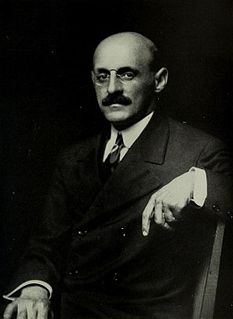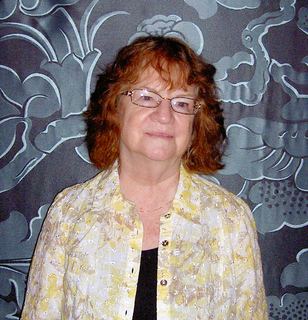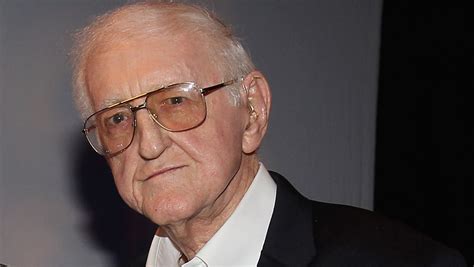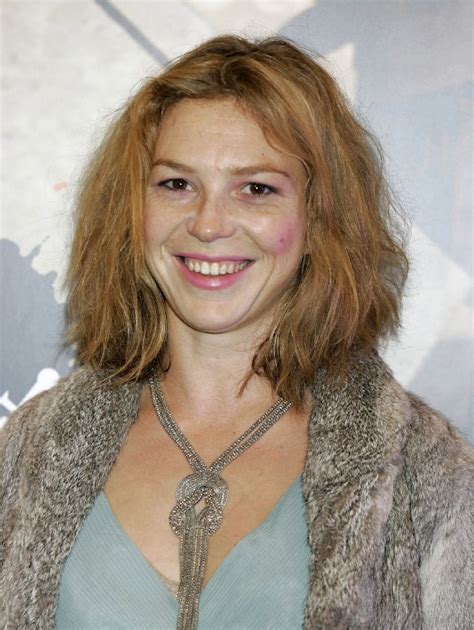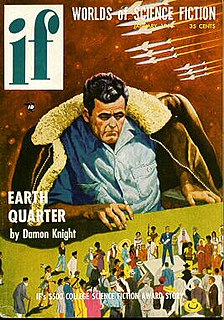A Quote by George MacDonald
No; but you came, and found the riddles waiting for you! Indeed you are yourself the only riddle. What you call riddles are truths, and seem riddles because you are not true.
Related Quotes
At no period of [Michael Faraday's] unmatched career was he interested in utility. He was absorbed in disentangling the riddles of the universe, at first chemical riddles, in later periods, physical riddles. As far as he cared, the question of utility was never raised. Any suspicion of utility would have restricted his restless curiosity. In the end, utility resulted, but it was never a criterion to which his ceaseless experimentation could be subjected.
It seems to be very hard for people to live with riddles or to let them live, although one would think that life is so full of riddles as it is that a few more things we cannot answer would make no difference. But perhaps it is just this that is so unendurable, that there are irrational things in our own psyche which upset the conscious mind in its illusory certainties by confronting it with the riddle of its existence.
For myself, I am interested in science and in philosophy only because I want to learn something about the riddle of the world in which we live, and the riddle of man's knowledge of that world. And I believe that only a revival of interest in these riddles can save the sciences and philosophy from an obscurantist faith in the expert's special skill and in his personal knowledge and authority.
Indeed the Book of Job avowedly only answers mystery with mystery. Job is comforted with riddles; but he is comforted. Herein is indeed a type, in the sense of a prophecy, of things speaking with authority. For when he who doubts can only say, ‘I do not understand,’ it is true that he who knows can only reply or repeat ‘You do not understand.’ And under that rebuke there is always a sudden hope in the heart; and the sense of something that would be worth understanding.
Human nature is full of riddles; . . . one of those riddles is: how is it that people who have been crushed by the sheer weight of slavery and cast to the bottom of the pit can nevertheless find strength in themselves to rise up and free themselves first in spirit and then in body while those who soar unhampered over the peaks of freedom suddenly lose the taste of freedom, lose the will to defend it, and, hopelessly confused and lost, almost begin to crave slavery?'
It may be said that myths give to the transcendent reality an immanent, this-worldly objectivity. Myths speak about gods and demons as powers on which man knows himself to be dependent, powers whose favors he needs, powers whose wrath he fears. Myths express the knowledge that man is not master of the world and his life, that the world within which he lives is full of riddles and mysteries and that human life also is full of riddles and mysteries.

